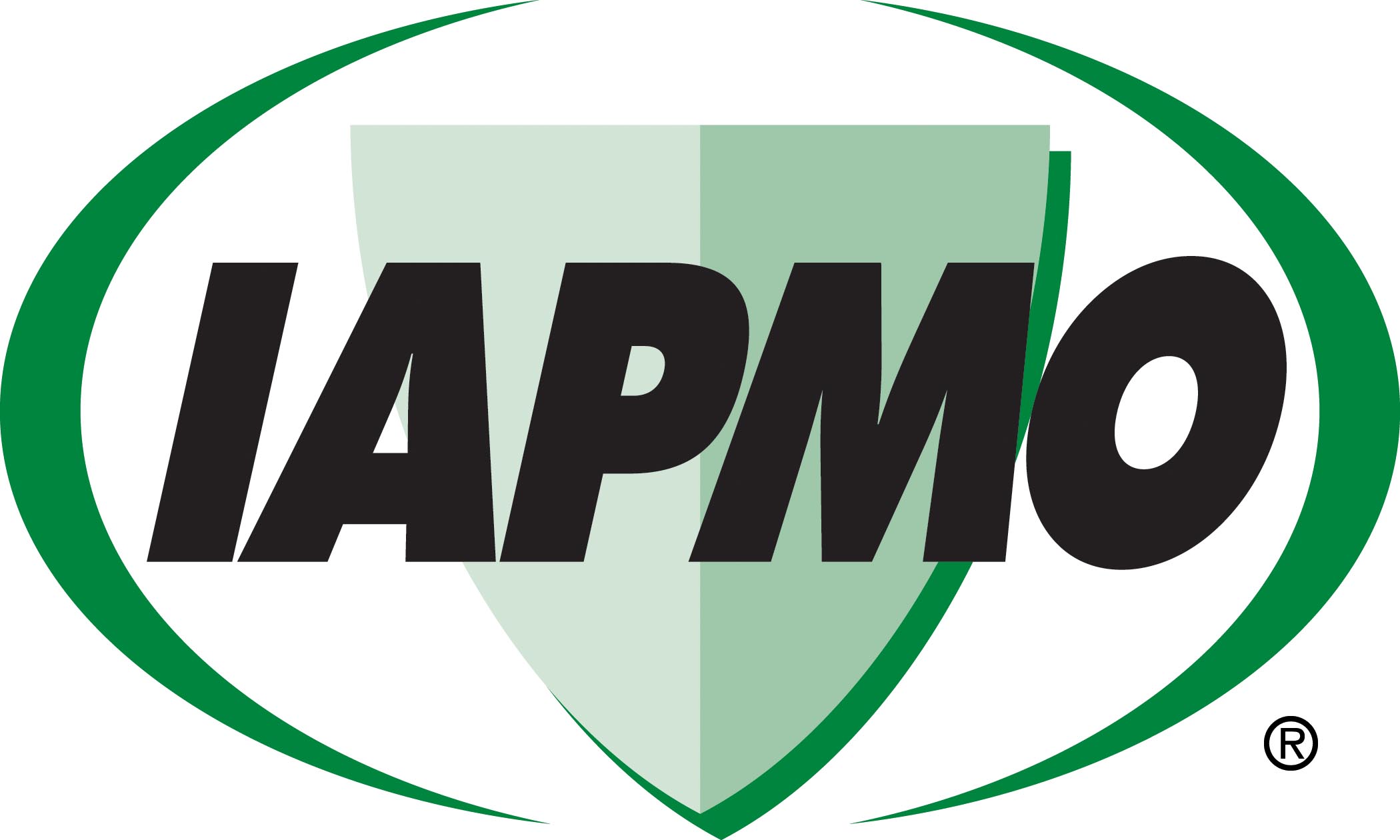The 2012 editions of the Uniform Swimming Pool, Spa & Hot Tub Code® (USPSHTC) and Uniform Solar Energy Code® (USEC), published by the International Association of Plumbing and Mechanical Officials (IAPMO), have been tentatively scheduled for release July 1, completing a three‐year consensus development cycle accredited by the American National Standards Institute (ANSI).
The USPSHTC governs the installation and inspection of both public and private swimming pools, spas and hot tubs to ensure the safety of their operation. Significant changes to the USPSHTC include:
• New provisions for design, materials, and methods of construction for public and private swimming pools, wading pools, spas, and hot tubs.
• New public facility requirements including the minimum number of plumbing fixtures, ventilation, life safety/rescue equipment, signage, decks, and measuring water clarity.
• New application, water consumption, backflow, and material requirements for plumbing fixtures.
• New safety requirements for diving equipment and slides.
• New provisions that address means of entry/exit and barriers.
• New provisions for electrical safety and lightning protection systems.
• New provisions that address the handling, storage, and dispensing of chemicals.
• New installation requirements for solar, electric, and heat pump water heating equipment.
• New appendix for common practices for reducing energy consumption in regards to pools, spas, and hot tub equipment.
• Revised and updated joint and connection requirements based on applicable standards for water supply, circulation, and drainage piping based on pipe material.
The USEC is a model code developed by IAPMO to govern the installation and inspection of solar energy systems as a means of promoting the public’s health, safety and welfare. Significant changes to the USEC include:
• New attic installation provisions that address the length of passageway, width of passageway, work platform, lighting and convenience outlet.
• New safety device provisions for components subjected to high pressures, and vacuum conditions.
• New freeze protection provisions.
• Revised heat exchanger requirements.
• New piping provisions that address piping materials and the identification of piping.
• New provisions for valves.
• Revised and updated joint and connection requirements.
• New requirements for storage tanks that address provisions for relief valves, temperatures, and piping.
• New provisions for expansion tanks.
• New provisions for solar collectors.
• New Chapter 9 that addresses solar thermal systems provisions for swimming pools, spas, and hot tubs.
• New electrical provisions for the installation of solar photovoltaic energy systems based on NFPA 70.
• New Chapter 11 that addresses provisions for pumps used in solar thermal systems.
• New appendix for installation guidelines in regards to solar photovoltaic systems.
The public at large is encouraged and invited to participate in IAPMO’s open consensus code development process. A code development timeline and other relevant information are available at IAPMO’s Website, www.iapmo.org. For more information on the USPSHTC and/or the ANSI consensus process, please contact Matt Sigler at (909) 230‐5535 or matt.sigler@iapmo.org. For the USEC, please contact Hugo Aguilar at (909) 472‐4111 or hugo.aguilar@iapmo.org.

IAPMO
IAPMO develops and publishes the Uniform Plumbing Code®,the most widely recognized code of practice used by the plumbing industry worldwide; Uniform Mechanical Code®; Uniform Swimming Pool, Spa and Hot Tub Code®; and Uniform Solar Energy, Hydronics and Geothermal Code™ — the only plumbing, mechanical, solar energy and swimming pool codes designated by ANSI as American National Standards — and the Water Efficiency Standard (WE-Stand)™. IAPMO works with government, contractors, labor force, and manufacturers to produce product standards, technical manuals, personnel certification/educational programs and additional resources in order to meet the ever-evolving demands of the industry in protecting public health and safety.
Last modified: December 30, 2022
